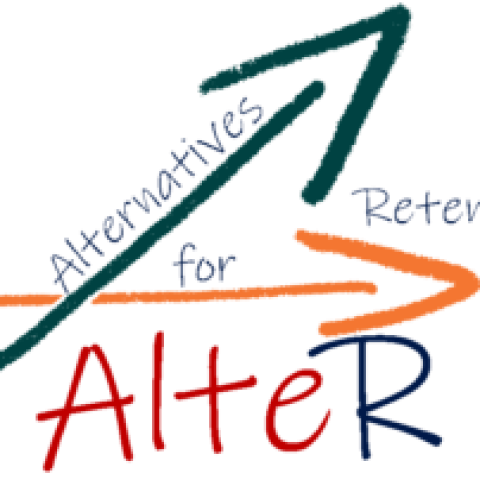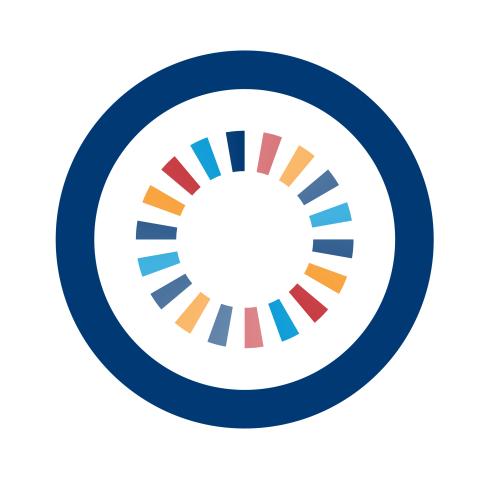Education and Transition to Work test
-
Purpose
The Education and Transition to Work programme aims to provide a better knowledge about the Dutch education system and the transition to the labour market after that. The focus lies on optimising the development of students and optimising choices during the school career and towards the transition to the labour market.
We look at education from several different angles: First and foremost as the institution in which skills are gathered and in which students learn. We look at how different choices of students or schools, such as using educational technology, developing policies to prevent grade retention, or offering flexible trajectories, or external factors, such as the COVID-19 pandemic, influence student learning. But education also marks the moment in which selection and allocation for example into specialisations take place. And is has a socialising role, of which inequality in education is the largest topic in our programme. We look at the performance of education at different levels: the macro level (national education systems), the meso level (schools / classes), the micro level (students), as well as the relationships between these levels. In doing so, we consider the complete educational chain as well as all levels, from primary education to (higher) vocational and university education.Important questions are:
1. What (policy) factors influence student performance?
2. What is the role of technology and AI in education?
3. How do school careers develop and how successful is the transition to work?
4. How do changes in the labour market affect the optimal functioning of education?Research themes
• Educational performance
• School careers, school performance and school quality
• Transition to work
• Educational technology/AI
• Topical studies, e.g. grade retention, the transition from primary to secondary education, gender
differences, creativity
• (In)equality of education -
Program director

-
Related projects

Alternatives for Retention (AlteR)
Within any given class in primary and secondary education, there is typically considerable variation among students (e.g., academic skills, psychosocial skills, learning tempo, interests, motivation, intellectual ability, values, SES). This…
read more
The Netherlands Cohort Study on Education
The Netherlands Cohort Study on Education (NCO) uses longitudinal register data on track placement of cohorts of students in primary and secondary education. This study is instigated and financed by the Netherlands Organization for…
read more